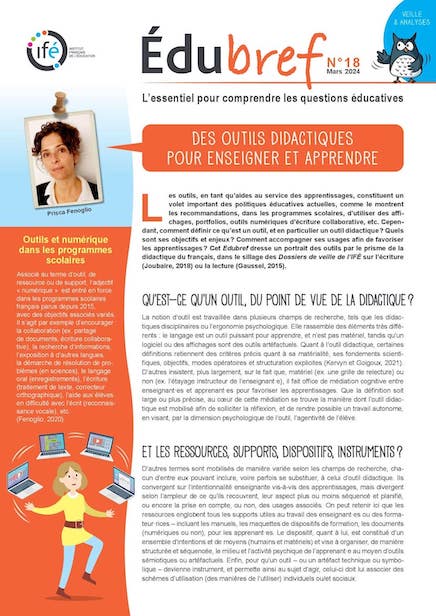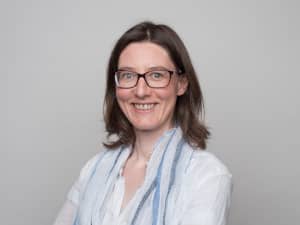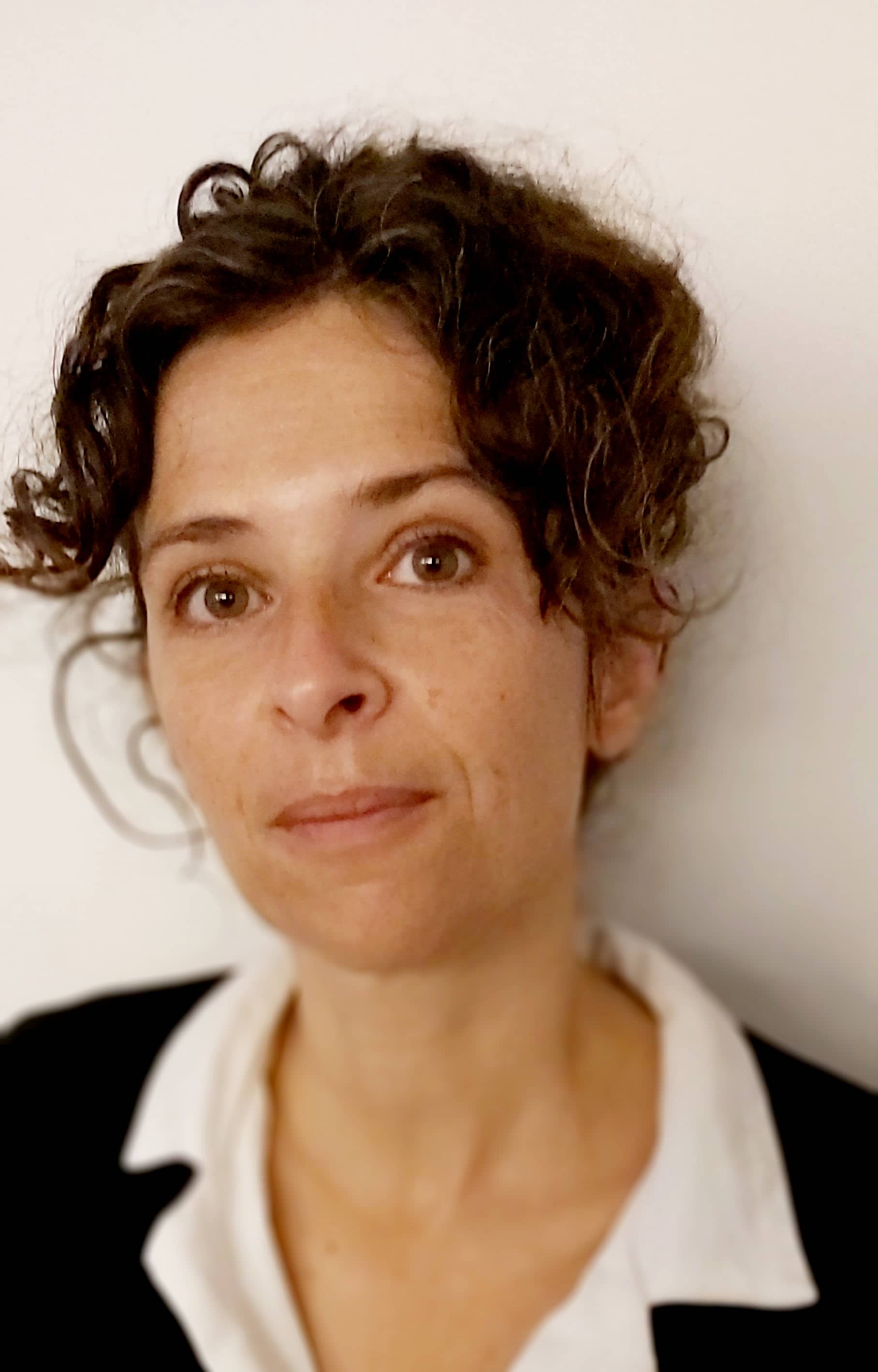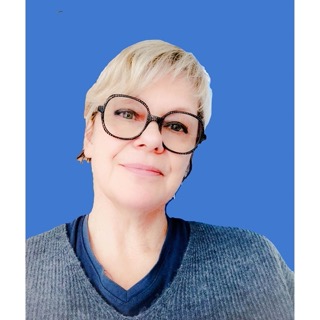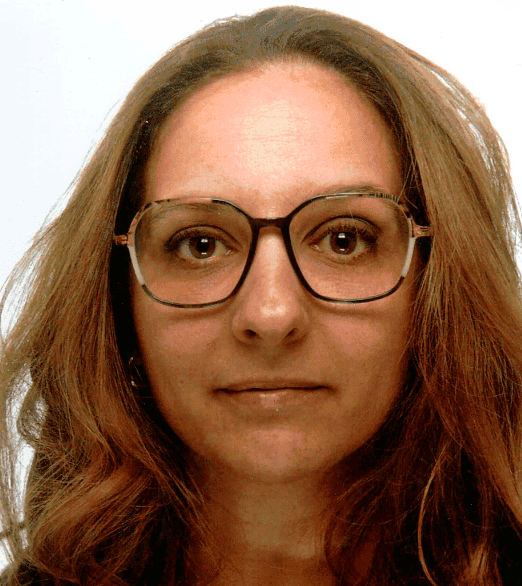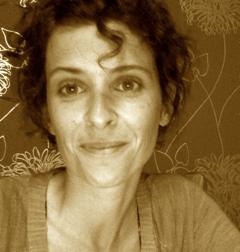Pays : Chypre
Langue(s) : anglais
Date : du 01-05-2014 au 03-05-2014
Lieu : Famagusta
Organisation :
Science Education Research Group at the Eastern Mediterranean University (EMU), in partnership with the European Journal of Science and Mathematics Education (EJSME)
Programme :
The aim of FISER 2014 is to provide a scholarly environment for promoting discussions in contemporary topics of mathematical and natural sciences education research.
Conference topics:
1. Undergraduate Mathematics and Science curricula
Specifying and assessing ambitious yet transparent learning objectives
Challenges of recruitment and retainment in specific programmes
Students’ early experience of research-like work in science and mathematics
Inquiry oriented formats and methods for courses, tutorials and labs
Science and mathematics teaching for majors of other subjects
Internal transition problems (students’ experience of coherence of programmes)
External transition problems (how do programs relate to secondary level and to professions)
2. Didactical design in science and mathematics
Discipline-based educational research
Didactical design as an innovation approach: construction and evaluation of IBSME
Didactical design as a method of research into the dynamics of teaching and learning
Didactical designs for the detection and vindication of concrete obstacles for learners
Designing experimental environments for student learning in mathematics and science
Assessment and evaluation in mathematics and science classrooms
Conceptual Learning Strategies
3. Technology for Teaching and Learning in Science and Mathematics
Computer algebra systems in secondary level teaching and assessment
Virtual labs and other forms of ICT based experimental student work
E-learning in science and mathematics
Distance teaching and learning in science and mathematics
Environments for students’ autonomous work with science and mathematics resources (e.g. from the Internet)
4. Faculty Professional Development
Specific needs and methods for professional development of university teachers of mathematics and science
Faculty’s needs for training
Models of faculty development
Assessment of faculty development
5. Education and development of science and mathematics teachers
Pre-service teacher education curricula: implicit and explicit models of teacher knowledge
Systems of induction into practice: bridging the gap between pre-service curricula and teaching practice
Innovative forms of in-service teacher development, e.g. lesson study and online learning communities
Links and gaps between university science and mathematics, and teachers’ knowledge and practice
International comparative studies of teacher knowledge
6. Contemporary Issues
The role of language in science and mathematics education
Culture and learning
Conceptual changes in mathematics and science education
Social issues in STEM education
Critical and creative thinking skills
Project-based instruction
Prospects for Massive Open Online Courses (MOOC)
The use of the history of mathematics and science in the teaching of mathematics and science.
Confirmed Keynote Speakers:
- Professor Edward Redish, Professor of Physics at the University of Maryland in College Park
- Professor Gabriele Kaiser, full professor for mathematics education at the Faculty of Education, Psychology and Human Movement of the University of Hamburg
- Sibel Erduran, Professor of Science Education at University of Bristol, UK
Deadline for abstract/poster submissions: 28/02/2014
URL : http://fiser.emu.edu.tr/
mot(s) clé(s) : mathématiques (discipline), sciences
FISER 2014 - 2nd International Conference on Frontiers in Mathematics and Science Education
Date : du 01-05-2014 au 03-05-2014
Lieu : Famagusta
Organisation :
Science Education Research Group at the Eastern Mediterranean University (EMU), in partnership with the European Journal of Science and Mathematics Education (EJSME)
Programme :
The aim of FISER 2014 is to provide a scholarly environment for promoting discussions in contemporary topics of mathematical and natural sciences education research.
Conference topics:
1. Undergraduate Mathematics and Science curricula
Specifying and assessing ambitious yet transparent learning objectives
Challenges of recruitment and retainment in specific programmes
Students’ early experience of research-like work in science and mathematics
Inquiry oriented formats and methods for courses, tutorials and labs
Science and mathematics teaching for majors of other subjects
Internal transition problems (students’ experience of coherence of programmes)
External transition problems (how do programs relate to secondary level and to professions)
2. Didactical design in science and mathematics
Discipline-based educational research
Didactical design as an innovation approach: construction and evaluation of IBSME
Didactical design as a method of research into the dynamics of teaching and learning
Didactical designs for the detection and vindication of concrete obstacles for learners
Designing experimental environments for student learning in mathematics and science
Assessment and evaluation in mathematics and science classrooms
Conceptual Learning Strategies
3. Technology for Teaching and Learning in Science and Mathematics
Computer algebra systems in secondary level teaching and assessment
Virtual labs and other forms of ICT based experimental student work
E-learning in science and mathematics
Distance teaching and learning in science and mathematics
Environments for students’ autonomous work with science and mathematics resources (e.g. from the Internet)
4. Faculty Professional Development
Specific needs and methods for professional development of university teachers of mathematics and science
Faculty’s needs for training
Models of faculty development
Assessment of faculty development
5. Education and development of science and mathematics teachers
Pre-service teacher education curricula: implicit and explicit models of teacher knowledge
Systems of induction into practice: bridging the gap between pre-service curricula and teaching practice
Innovative forms of in-service teacher development, e.g. lesson study and online learning communities
Links and gaps between university science and mathematics, and teachers’ knowledge and practice
International comparative studies of teacher knowledge
6. Contemporary Issues
The role of language in science and mathematics education
Culture and learning
Conceptual changes in mathematics and science education
Social issues in STEM education
Critical and creative thinking skills
Project-based instruction
Prospects for Massive Open Online Courses (MOOC)
The use of the history of mathematics and science in the teaching of mathematics and science.
Confirmed Keynote Speakers:
- Professor Edward Redish, Professor of Physics at the University of Maryland in College Park
- Professor Gabriele Kaiser, full professor for mathematics education at the Faculty of Education, Psychology and Human Movement of the University of Hamburg
- Sibel Erduran, Professor of Science Education at University of Bristol, UK
Deadline for abstract/poster submissions: 28/02/2014
URL : http://fiser.emu.edu.tr/
mot(s) clé(s) : mathématiques (discipline), sciences



